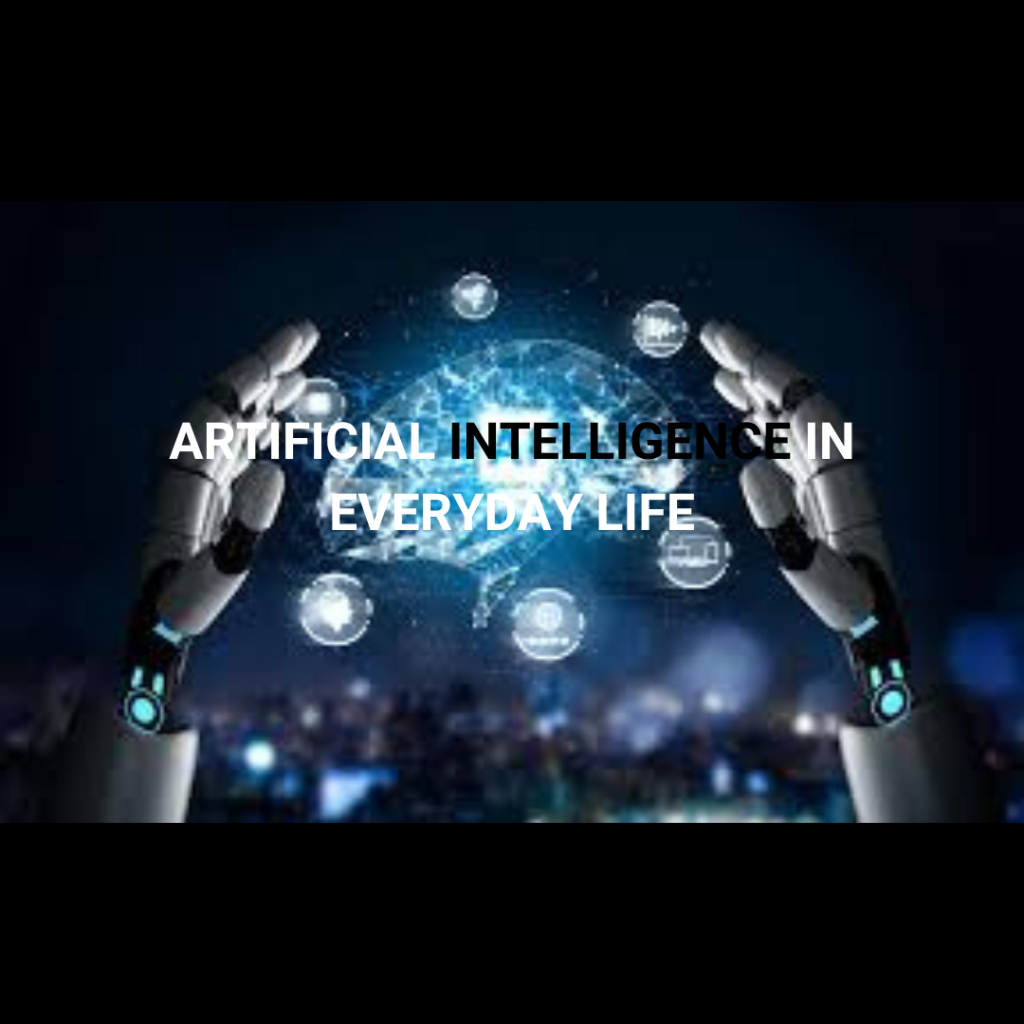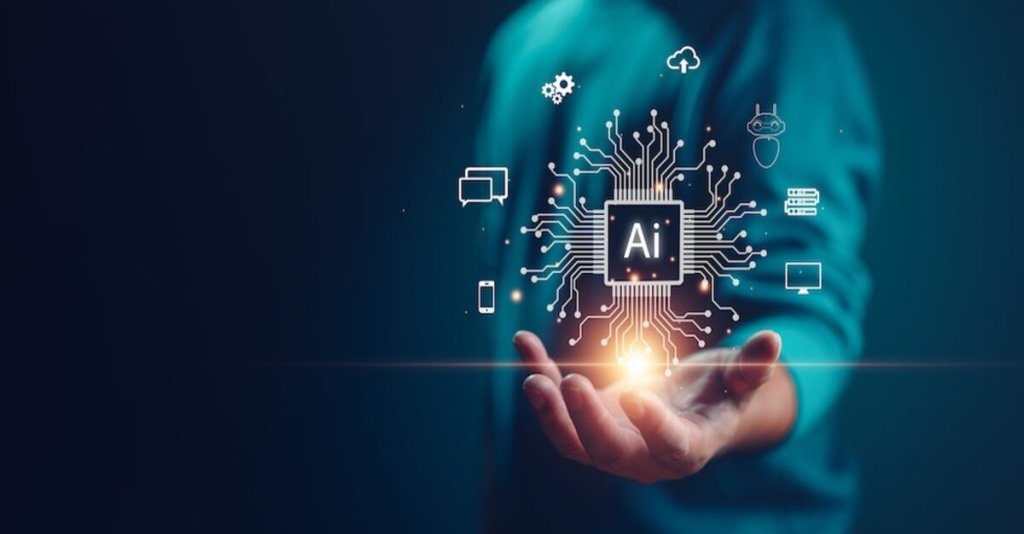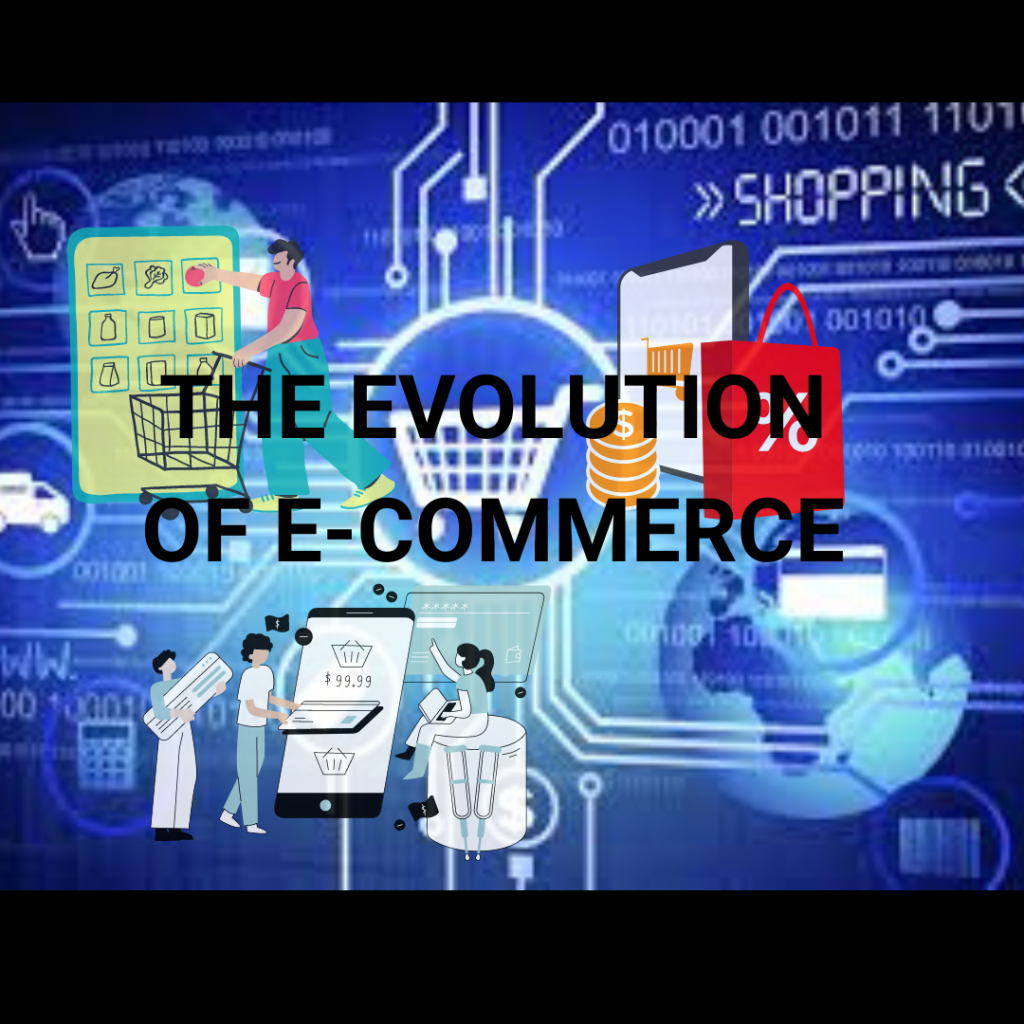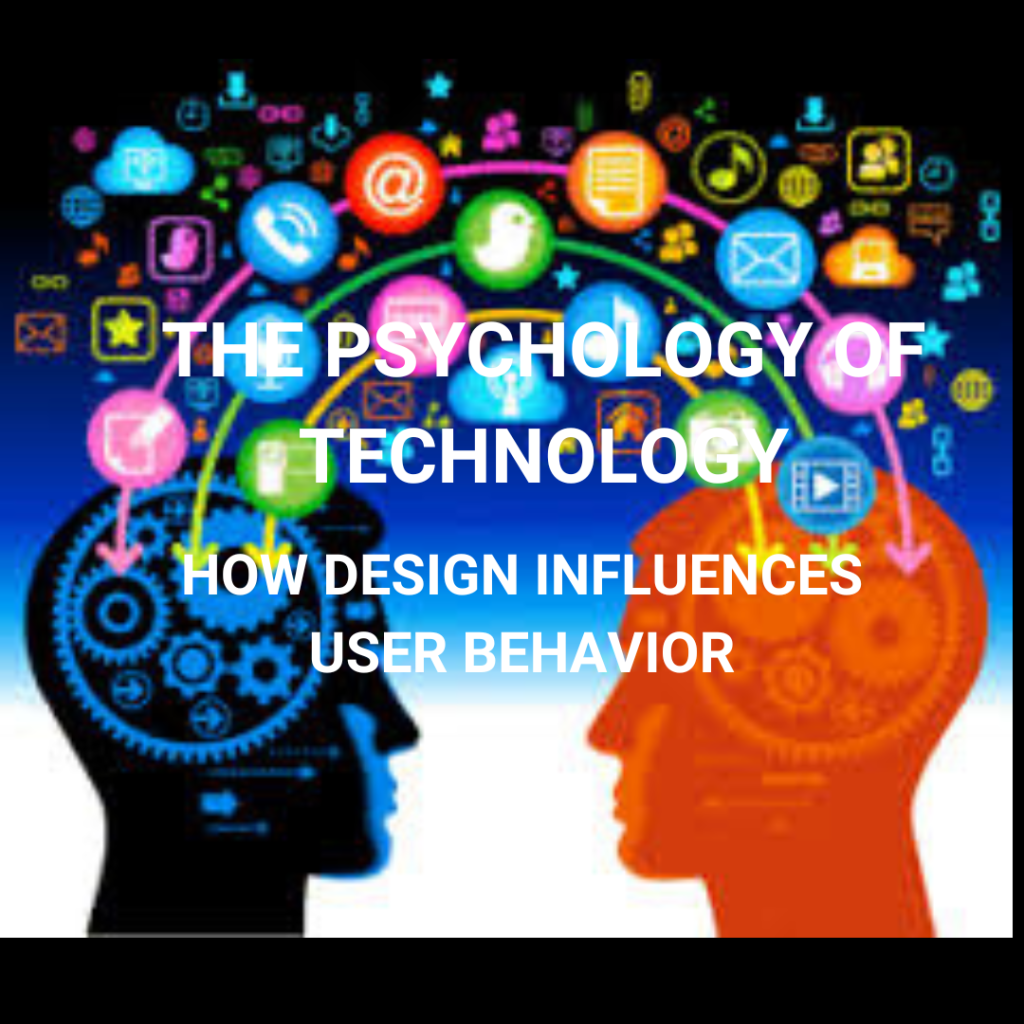Artificial Intelligence (AI) is no longer confined to the realms of science fiction; it has seamlessly integrated into our daily lives, revolutionizing how we interact with technology and each other. From virtual assistants to recommendation algorithms, AI permeates various aspects of modern society, offering both convenience and challenges. In this blog post, we delve into the myriad applications of AI in everyday life, exploring its impact and the implications for the future.
Understanding AI in Everyday Life:
At its core, AI involves the development of systems that can perform tasks that typically require human intelligence. In everyday life, AI manifests in numerous forms, often operating in the background, enhancing efficiency and providing personalized experiences. Virtual assistants like Siri, Alexa, and Google Assistant have become ubiquitous, helping users manage schedules, answer queries, and control smart devices with voice commands.
Applications Across Industries:
AI extends far beyond virtual assistants, infiltrating various industries such as healthcare, finance, education, and entertainment. In healthcare, AI-powered diagnostic tools aid doctors in interpreting medical images and detecting anomalies, potentially improving patient outcomes and reducing diagnostic errors. In finance, algorithms analyze vast amounts of data to detect fraudulent transactions and optimize investment strategies. Educational platforms leverage AI to personalize learning experiences, adapting content to individual student needs and preferences. Even in entertainment, recommendation algorithms suggest movies, music, and products tailored to users’ tastes, enhancing engagement and driving sales.
Challenges and Ethical Considerations:
Despite its transformative potential, AI raises significant challenges and ethical considerations. Concerns regarding data privacy and security abound, as AI systems rely heavily on user data to function effectively. Biases embedded within AI algorithms can perpetuate social inequalities and discrimination, highlighting the importance of ethical AI design and regulation. Additionally, the automation of jobs raises fears of unemployment and economic disparity, necessitating proactive measures to reskill and upskill the workforce for the AI-driven economy of the future.
The Future of AI:

As AI continues to evolve, its integration into everyday life will only deepen. Advancements in machine learning, natural language processing, and robotics promise to further expand the capabilities of AI systems, enabling more sophisticated applications and experiences. However, with great power comes great responsibility. It is imperative that we approach the development and deployment of AI with caution, prioritizing ethical considerations, transparency, and accountability to ensure a future where AI benefits society as a whole.
Conclusion: Artificial Intelligence has become an integral part of everyday life, shaping how we work, communicate, and navigate the world around us. From virtual assistants to personalized recommendations, AI offers convenience and efficiency, but also presents challenges and ethical dilemmas. As we embrace the potential of AI-driven technologies, it is essential to remain vigilant, advocating for responsible AI development and utilization to create a future where AI enhances the human experience while upholding ethical principles and values.








Leave a comment